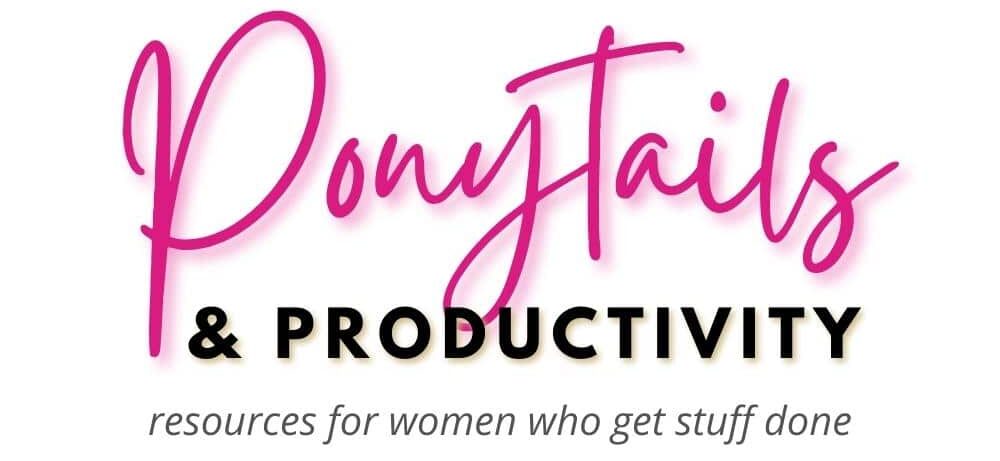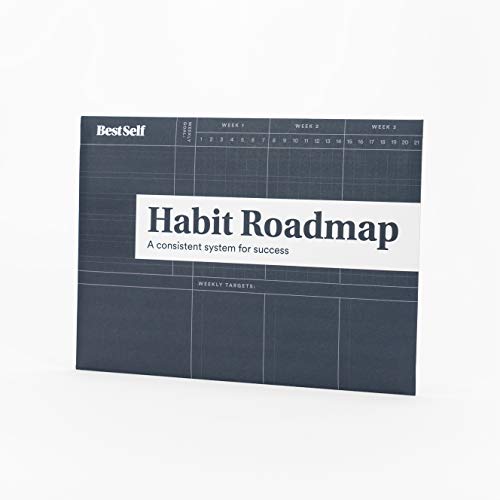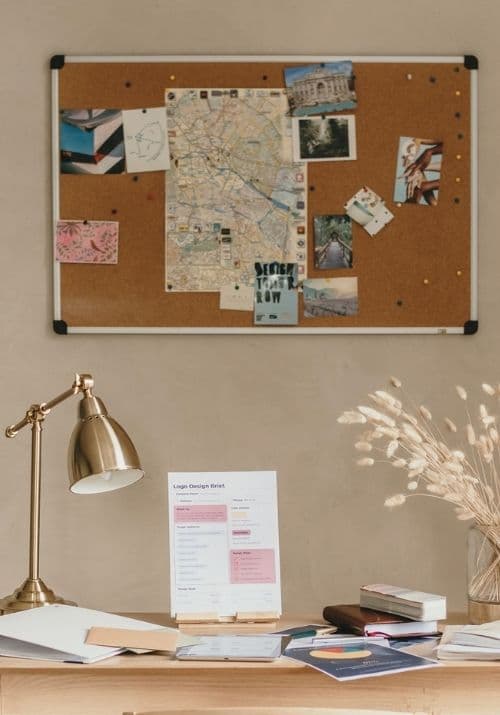What is a Process Goal?
A process goal is a specific outcome that you want your process to achieve.
It is important to set process goals because they can help you measure and improve the effectiveness of your process.
In this blog post, we will discuss what process goals are and how to set them up for your business!
[cboxarea id=”cbox-F7CUBIpvMpO5iwiT”]
Getting Started with Process Goals
In order to set up process goals, you first need to identify the key areas that you want to focus on.
Once you have identified these areas, you can then set specific goals for each one.
For example, if you want to improve your customer service process, a process goal could be to decrease the amount of time it takes to process a customer’s order.
Process goals can be different for every business, so it is important to tailor them to fit your specific needs.
Here is a short but great video that clearly explains process goals and how they differ from outcome goals.
Motivation, Accountability and Payoff
There are some general guidelines that you can follow when setting process goals.
A MAP – Motivation, Accountability and Payoff – are your keys to achieving your goals. Use this three step strategy to turn your plans into actions.
Most people you ask want to achieve goals and make personal improvements. However, sometimes even when the desire to do something is strong, plans don’t translate into actions.
For a variety of reasons the task is never completed.
Other times the task is started and later abandoned.
Whether you want to earn a degree, write a book, lose a few pounds or clean out the garage, the key to achieving your goal is a MAP – Motivation, Accountability and Payoff.
MAP is an acronym that will help you remember these three steps to goal achievement:
Motive – You have to want it. What’s your why?
Accountability – Who is responsible for making this happen?
Payoff – What are the consequences of achieving or not achieving the goal?
Motivation
The first step in the MAP strategy is understanding your motivation.
Why is it important to achieve your goal?

For example, if you want to earn a degree, your motivation may be a desire to earn more money or to launch a career in the field of your dreams.
Motivation isn’t just about wishing something was different. Real motivation is based in an abiding desire with traceable roots.
When you identify where the desire comes from, you are a third of the way to achieving your goal.
Accountability
The next step in achieving your goal is a plan for accountability.
Who is going to be responsible for making this happen?
In our example of wanting to earn a degree, you may be the only one accountable for attending classes and completing assignments but your employer may foot the bill.
If you want to launch a new business, you and your partners will share in the accountability.
If understanding your motivation is the why of your plan, setting up accountability is the how.
For example, what steps will you need to take to achieve your goal?
Write down every task that will be required. Again, using the goal of earning a degree, early steps might include:
Researching schools:
- Which schools offer the program that interests you?
- How do the programs and costs compare?
- Is the program offered at a time that fits your schedule?
Calculating costs:
- What types of financial aid will be available to you?
- If you must secure a loan, how will you reasonably manage loan repayment?
- Completing the application – when is the application due?
- Who will you ask for references?
- Who will you ask to review your essay if one is required?
Completing the application:
- When is the application due?
- Who will you ask for references?
- Who will you ask to review your essay if one is required?
Next, use your steps to establish a timeline for achieving your goal. Choose “do by” dates that challenge you to move regularly toward achieving your goal, but that are also realistic.
There are a ton of tools out there to help you hold yourself accountable to your goals.
Here are a few of my favorites:
Habit Roadmap by BestSelf – Visual Tool to Establish and Track Good Habits
Proven to significantly improve good habit establishment, this Habit Roadmap allows you track a chain of positive reinforcements and habit winning streaks.
Magnetic Goal Board and Weekly Dry-Erase Calendar
This dry erase goal planner is helpful because I put it on my fridge so it’s always right in sight and I stay motivated to hold myself accountable!
Lamare Habit Tracker – Inspirational Habit Tracking Journal with Spiral Binding
Small habits are easy to incorporate as lifestyle changes, and easy to build on to create larger changes over time. Check out Why You Should Set Smaller, Quicker Goals to learn more about how setting smaller goals keeps you winning.
I prefer to keep track on setting small habits on a Habit Tracker like this one:
Daily Planner Notepad
I’ve actually quit using a large bulky daily planner altogether in lieu of this simple daily planner notepad. It keeps track of everything I need for the day to keep me on task with my goals.
Project Management Tool, Task Planner Project Action Pad by BestSelf
I haven’t used this action pad myself, but it is similar to the daily planner notepad so I thought I would include it as an alternate to the notepad as so might prefer the wire binding and list style.
Now that you know what you want to do, and by when, you need someone to cheer you on, help you navigate obstacles and deliver consequences if you fail to achieve your goal.
The person you choose to hold you accountable should understand your motivation for achieving your goal and demonstrate ability to achieve personal goals.
Up the ante by adding consequences for missed weekly or monthly goals.
Some goal setters assess cash or task penalties for failure to achieve their goals.
For example, if you miss a step or target you pay a daily fine until the step is complete.
You can also impose a task.
For example, you do the laundry or cook meals for the person holding you accountable until the step is complete.
Payoff
Reward is a powerful motivator for achieving your goal.
If motivation is the why of your MAP strategy, payoff is the what.
What difference will achieving your goal make?
How will completing this goal improve or change your life for the better?
What tangible reward do you anticipate with achieving your goal?
Identify a payoff you can be passionate about to increase your chances of achieving your goal.
What is a process goal?
You have to be determined to achieve your goal. This means setting a deadline for yourself and sticking to it!
Determination also includes focus. Stay laser focused on what you need to do each day or week to achieve your goal. Resist distractions and detours.
You also can’t achieve your goal without a plan! This includes developing a process for completing each task on your to-do list as well as setting a schedule for yourself. When will you work on your goal each day? How long will you give yourself to complete specific tasks?

Now, it’s time to take action.
This means taking the first step and then continuing to take steps every day until you achieve your goal.
Procrastination kills dreams.
Work hard and make it happen!
Looking for some more info on goal setting?
Check out these posts:
- The Exciting Benefits You Can Expect From Goal Setting
- Why is it Important to Set Realistic Goals?
- Why is Setting Goals Important?
- The Secrets of People Who Always Hit Their Goals
or our eBook/Audiobook on getting goal setting done in 10 easy steps:
Pin it on Pinterest:
















